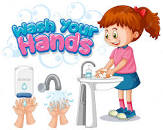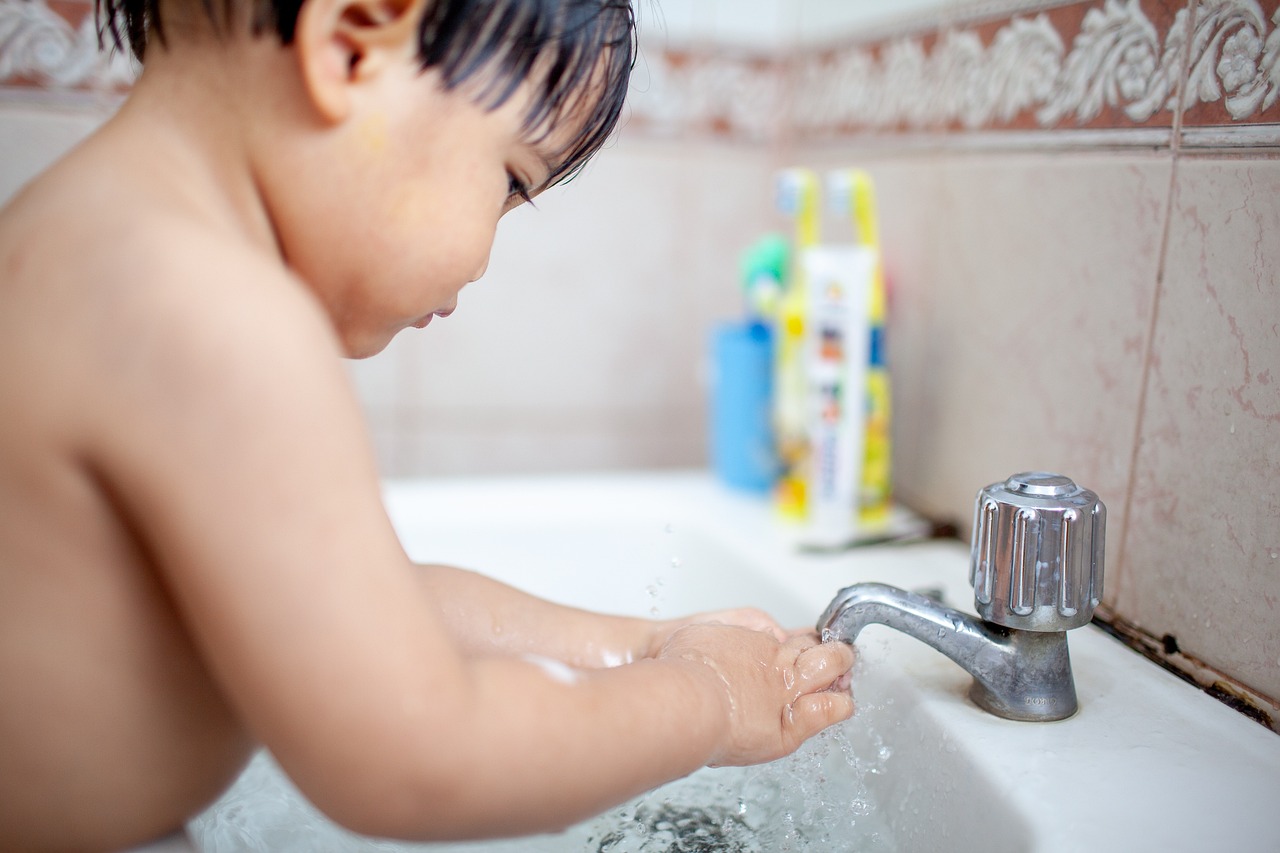Teething and Hand Hygiene 2025: A Parent’s Guide to Keeping Baby Healthy
Teething and Hand Hygiene, Medication-Free Child Health, Understanding the Link and Ensuring Child Health, Importance of Hand Hygiene, The Role of Hand Washing during Teething
Introduction:
Teething is a significant milestone in a child’s development that often comes with challenges. Many families associate teething with various symptoms, including upset stomach, without fully understanding the underlying mechanisms. Dr Shaikh, a respected authority in pediatric care, sheds light on the connection between teething, hand hygiene, and maintaining a healthy digestive system. This article explores the scientific reasoning behind his suggestion to wash a baby’s hands with soap during teething.

-
Before Teething: Babies are born without teeth. Their gums are soft and flat.
-
Teething Starts: When babies are around 6 months old, their teeth start to come in. They might feel a little pain and be fussy.
-
First Teeth Come In: The first teeth to come in are usually the bottom front teeth. This happens when babies are around 6-7 months old.
-
More Teeth Come In: Over the next few months, more teeth come in. This can be a little painful for babies.
-
All Teeth Are In: By the time babies are 3 years old, they usually have all their teeth.

-
Give Them a Teether: Teethers are toys that babies can chew on. They can help soothe sore gums.
-
Use a Cold Compress: A cold compress can help reduce swelling and pain.
-
Try Teething Gels: Teething gels can help numb the pain.
-
Keep Them Comfortable: Make sure babies are comfortable and not too hot or cold.
-
 Give Them Lots of Love: Sometimes, all babies need is a little love and attention.
Give Them Lots of Love: Sometimes, all babies need is a little love and attention. -
Some easy home remedies that can be useful for soothing teething babies:Teething Remedies:
-
Cold Teether: Give your baby a cold teether to chew on. You can chill it in the fridge or freeze it.
-
Cold Washcloth: Wet a washcloth, put it in the fridge, and then give it to your baby to chew on.
-
Frozen Fruit: Freeze a fruit like a banana or a peach, and then give it to your baby to chew on.
-
Teething Toys: Give your baby teething toys that are filled with water or gel.
-
Gentle Massage: Gently massage your baby’s gums with your finger.
Hand Hygiene Remedies:-
Soap and Water: Wash your baby’s hands with soap and water.
-
Hand Sanitizer: Use a hand sanitiser that is safe for babies.
-
Wet Wipes: Use wet wipes to clean your baby’s hands.
Other Remedies:-
Breast Milk: Breast milk has antibacterial properties that can help soothe a teething baby.
-
Chamomile Tea: Chamomile tea can help calm a fussy baby.
-
Aloe Vera: Aloe vera can help soothe a baby’s gums.
Remember to always consult with your doctor before trying any new remedies, especially if your baby has any allergies or sensitivities.Tips:-
Keep it Simple: Keep the remedies simple and easy to use.
-
Be Patient: Be patient with your baby and try different remedies until you find one that works.
-
Stay Calm: Stay calm and try to soothe your baby.
-
Get Enough Sleep: Get enough sleep and take care of yourself so you can take care of your baby.
I hope these remedies and tips are helpful! -
-
Be Patient: Teething can be tough for babies. Be patient and try to soothe them.
-
Keep an Eye on Them: Make sure babies are not putting anything in their mouth that they shouldn’t.
-
Try Different Things: Every baby is different. Try different things to see what works best for your baby.
-
Take Care of Yourself: Taking care of a teething baby can be stressful. Make sure to take care of yourself too.
-
Ask for Help: If you’re worried about your baby’s teething, ask your doctor for help.
The Misconception:
Some people think that teething causes other symptoms, such as diarrhoea and fever, but there’s no evidence to support this.
One common misconception is that teething directly causes upset stomachs in children. However, research and medical understanding indicate that teething itself does not produce gastrointestinal symptoms. Dr Shaikh emphasises that it is the behaviour associated with teething that can potentially lead to stomach issues.

Scientific Explanation:
- Teething and Hand-to-Mouth Activity: During the teething phase, a child’s gums may become itchy or uncomfortable. As a result, they frequently put their hands or objects in their mouth to alleviate the discomfort. This increased hand-to-mouth activity can inadvertently introduce harmful germs or bacteria into the baby’s system.
- Microbial Contamination: Hands, being in contact with various surfaces, can harbour microbes. When a child puts their hands in their mouth, they risk ingesting these microbes. Some of these microorganisms may be harmful and can potentially cause digestive problems or infections.
- Importance of Hand Hygiene: Hand hygiene plays a vital role in reducing the transmission of germs and preventing infections. By washing the baby’s hands with soap, harmful microbes can be effectively eliminated, reducing the risk of gastrointestinal disturbances and associated health issues.
Scientific Research Supporting Hand Hygiene:
Numerous scientific studies have emphasized the significance of hand hygiene in preventing the transmission of pathogens and promoting overall health, especially in infants and young children. The following points highlight some key findings:
- A study published in the Journal of Pediatric Gastroenterology and Nutrition demonstrated that improved hand hygiene practices in childcare settings resulted in a substantial reduction in gastrointestinal illnesses among children.
- b. The World Health Organization (WHO) recommends hand hygiene practices, including regular handwashing with soap, as a fundamental measure to prevent the spread of infectious diseases, particularly among young children.
- c. Research conducted by the Centres for Disease Control and Prevention (CDC) has consistently shown that proper hand hygiene significantly reduces the risk of diarrheal diseases, respiratory infections, and other contagious illnesses in children.
The Role of Hand Washing during Teething:

Dr Shaikh’s suggestion to wash a baby’s hands with soap during teething days aligns with the broader understanding of the importance of hand hygiene. By maintaining clean hands, parents can minimise the risk of introducing harmful microbes into their child’s digestive system. Washing hands with soap, particularly at crucial times throughout the day, helps break the transmission chain of pathogens and promotes a healthier environment for the child.
Conclusion:
While teething itself may not directly cause upset stomachs in children, the associated hand-to-mouth activity can introduce harmful microbes into their system. Dr Sameer Shaikh’s recommendation to wash a baby’s hands with soap during the teething phase aligns with scientific research supporting the importance of hand hygiene in preventing the transmission of germs and reducing the risk of gastrointestinal disturbances. Parents and caregivers should be aware of the connection between hand hygiene and child health, especially during critical developmental stages such as teething.
- Disclaimer: The contents of this article are intended to raise awareness about common health issues and should not be viewed as sound medical advice for your specific condition. You should always consult with a licensed medical practitioner before following any suggestions outlined in this article or adopting any treatment protocol based on the contents of this article.
Understanding Anger : A Comprehensive Guide in 2025
